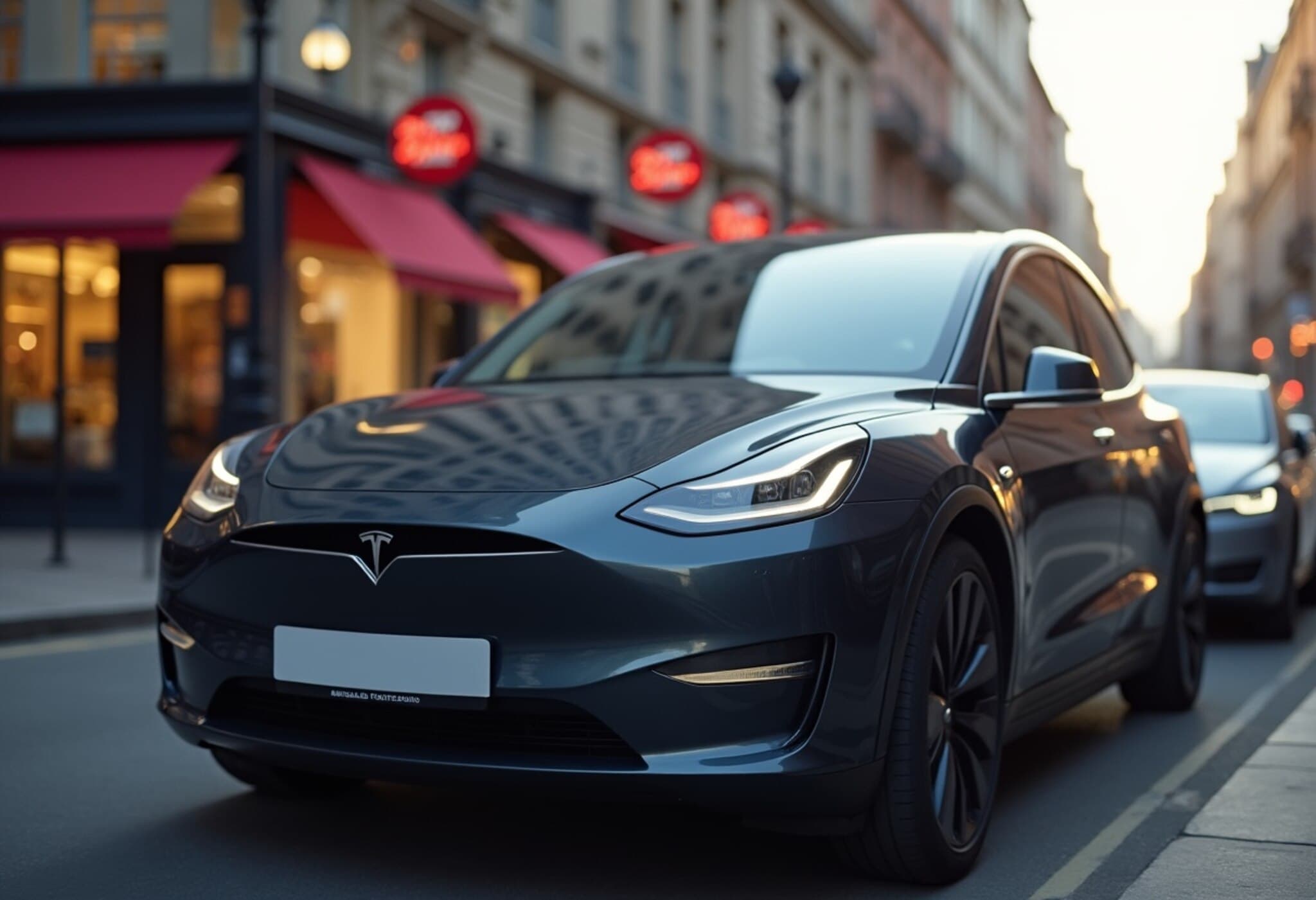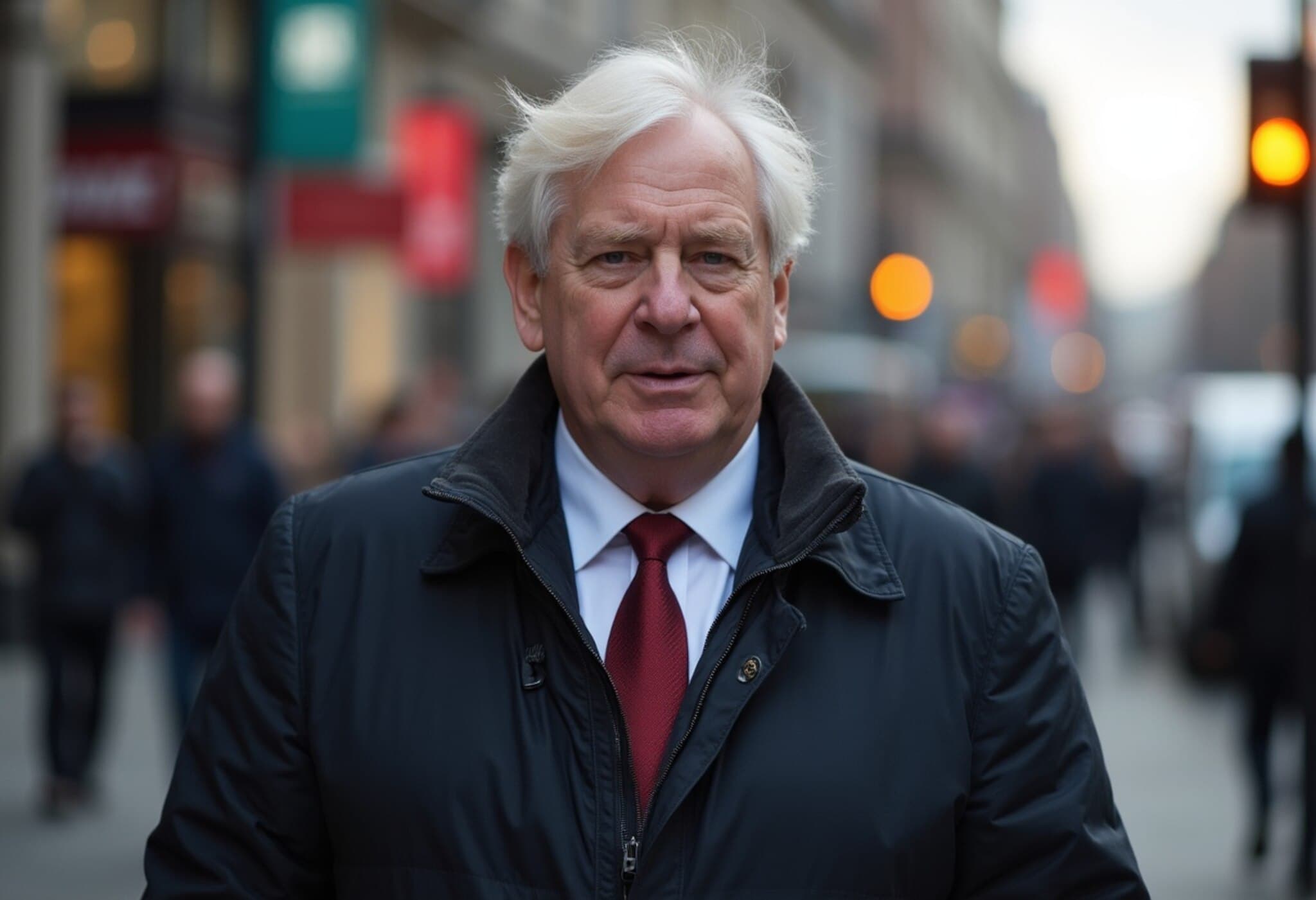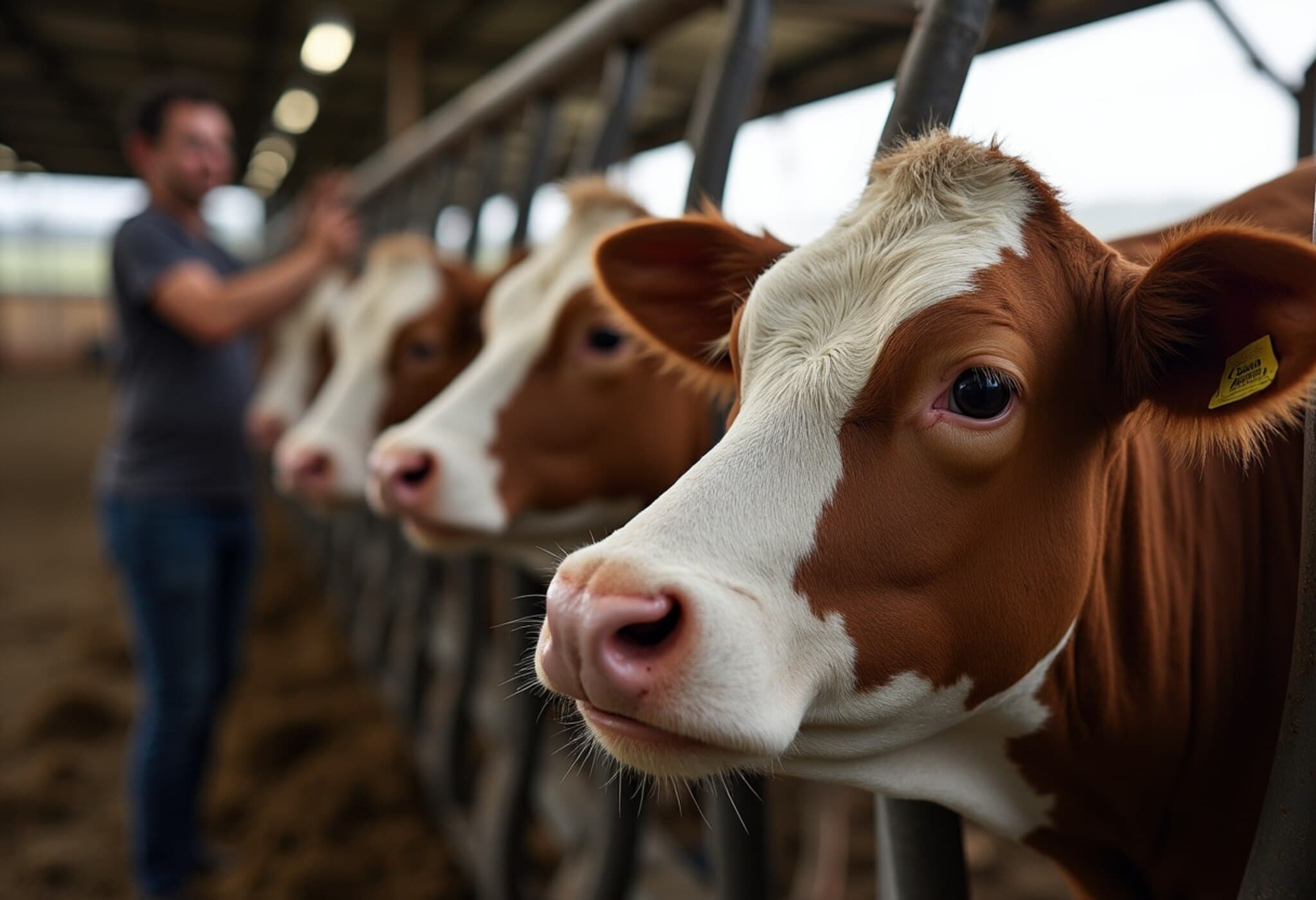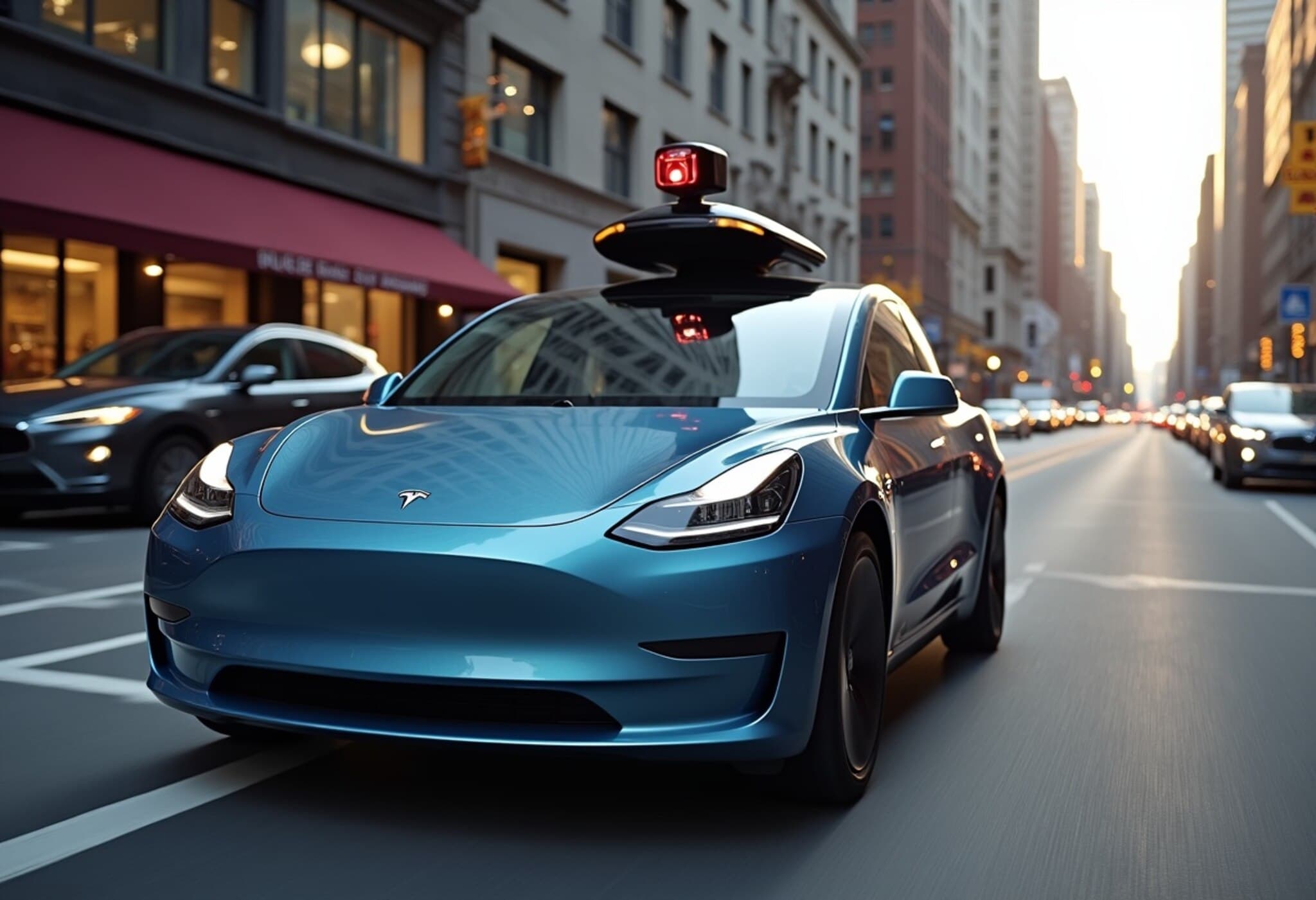Tesla Poised to Enter UK Electricity Market
Elon Musk’s Tesla, renowned globally for its electric vehicles and clean energy innovations, is taking a significant step by applying to supply electricity directly to UK homes and businesses. In a recent filing with Ofgem, the British energy regulator, Tesla Energy Ventures formally requested an electricity supply license, signaling the company’s ambition to rival established British energy giants.
A Strategic Move Beyond Automotive Sales
This initiative marks a major diversification for the Tesla brand, which faces mounting challenges in the European automotive market. With electric vehicle (EV) sales struggling to maintain momentum — Tesla reported a nearly 60% dip in UK EV sales last month and sharp declines in Germany — the company is broadening its footprint into the energy sector to stabilize growth and build new revenue streams.
Tapping Into the UK Energy Market’s Potential
The potential approval of Tesla’s license could enable the company to start retail electricity operations across the UK as soon as next year. Tesla already operates an energy supply service in Texas, known as Tesla Electric, which launched in 2022. This offers customers smart energy management tools and allows them to earn credits by selling surplus power back to the grid, blending consumer benefits with grid stabilization.
Experts note that Tesla’s move aligns with a larger trend where tech-forward companies leverage their renewable energy capabilities to challenge traditional utility models. The UK energy sector, long dominated by a few large suppliers, could see a shake-up as Tesla introduces its innovative approach focused on battery storage integration, solar energy, and optimized grid use.
Challenges in the European EV Market Context
The UK’s energy license application comes as Tesla and other EV manufacturers face significant hurdles. According to the Society of Motor Manufacturers and Traders (SMMT), Tesla’s new vehicle sales in the UK dropped to 987 in the last month, down from 2,462 a year earlier. Similarly, Germany witnessed a 55% year-over-year decrease in Tesla sales in July.
Several factors contribute to this downward trend: intensifying competition from aggressive Chinese EV entrants, supply chain disruptions, economic pressures on consumers, and reputational setbacks linked to Elon Musk’s polarizing public persona and political entanglements.
Broader Implications for Consumers and the Energy Sector
If Tesla successfully moves into the UK electricity market, it could revolutionize how consumers interact with their energy suppliers. By leveraging its expertise in battery storage and solar energy combined with demand-response technology, Tesla might offer more competitive pricing, encourage renewable energy adoption, and empower consumers to become prosumers — both users and producers of energy.
However, market analysts caution there will be regulatory scrutiny and operational challenges ahead. Integrating distributed energy resources on a national scale requires seamless coordination with existing infrastructure and regulatory frameworks. Moreover, Tesla must build consumer trust in an unfamiliar sector, especially following recent controversies surrounding the company's founder.
Expert Perspective: The Convergence of Energy and Mobility
From an industry standpoint, Tesla's entrance into the UK energy market illustrates the growing convergence between mobility and energy ecosystems. As electric vehicles become increasingly common, managing energy supply and storage at the household level gains strategic importance. Tesla’s holistic approach — combining EVs, solar panels, and home batteries — positions the company uniquely to offer integrated solutions that could redefine consumer energy use.
Policy experts highlight the UK government’s push for green energy transition and net-zero emissions by 2050 as fertile ground for innovative energy suppliers like Tesla. If successful, Tesla's entry could stimulate competition, drive technological upgrades, and accelerate the UK's clean energy objectives.
Looking Ahead
While the UK energy market remains cautiously optimistic about Tesla’s potential role, the outcome of the Ofgem licensing process will be pivotal. Approval would open a new chapter not just for Tesla but for British energy consumers craving affordable, flexible, and sustainable power options.
Meanwhile, Tesla’s broader European operations must navigate a complex landscape shaped by consumer preferences, regulatory policies, and intense market competition. Watching how the company balances its automotive ambitions with energy innovations will offer valuable insights into the future of clean technology industries.
Editor’s Note
As Tesla seeks to expand into the UK electricity supply landscape, the intersection of energy generation, storage, and consumption becomes more critical than ever. Readers might consider how shifts in energy market dynamics affect everyday access to power, costs, and environmental impact. What does Tesla’s move mean for established providers, regulators, and ultimately consumers? Could this herald a new era where your car and your home energy system operate in tandem to create smarter, cleaner neighborhoods? These are questions shaping the evolving energy narrative across Europe and beyond.



















